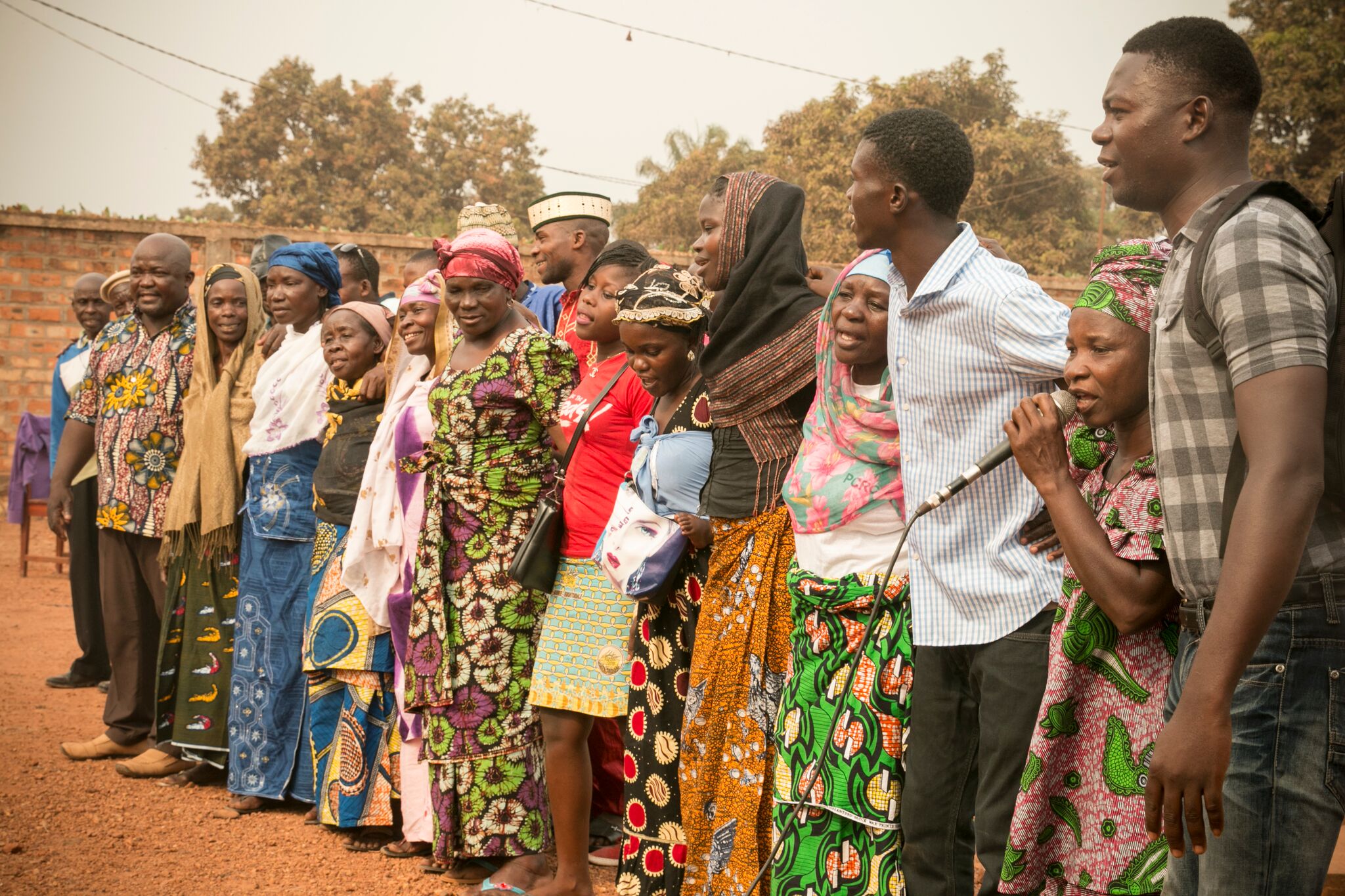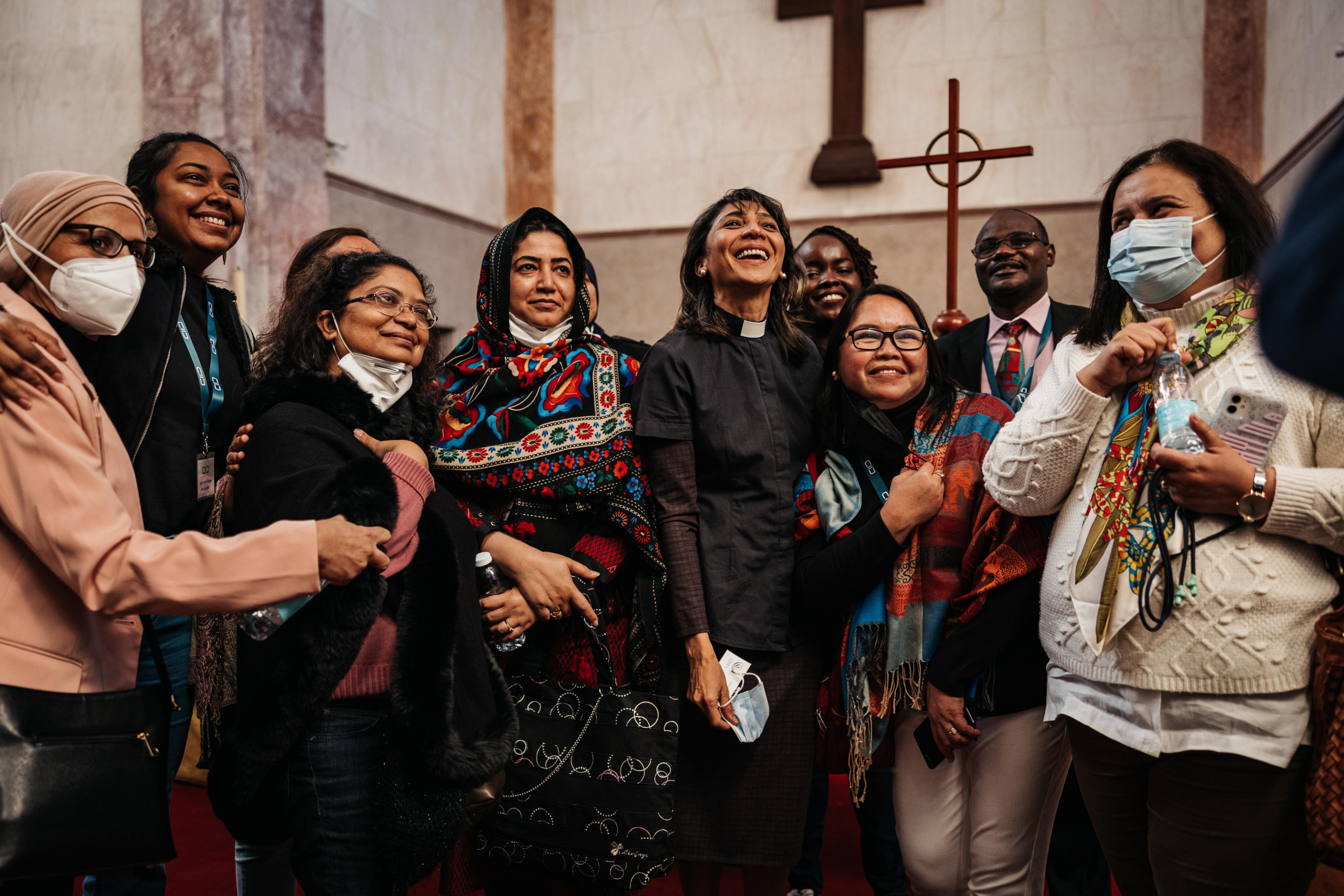Dialogue Voices
The Dialogue Voices are personal accounts of interreligious commitment and experience. They show approaches to, and forms of, interreligious dialogue, and its impact and context on a local, national, or global level. They represent a cross-section of dialogue experiences and its impact worldwide.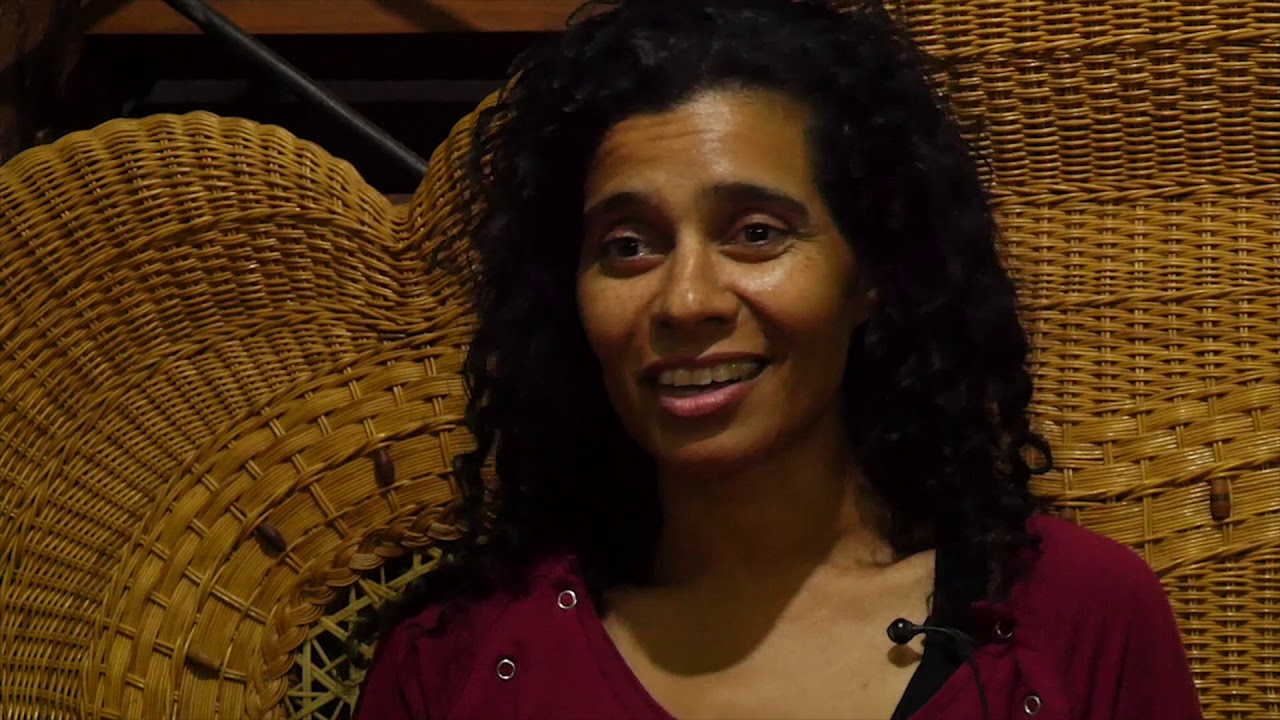
Sustainable Environmental Initiatives in Costa Rica
Hooma Multani is the Representative of United Religions Initiative in Costa Rica (URI), an interfaith organization that brings together people of different ethnicities, religions, and races, encouraging them to take part in environmental initiatives. The most challenging and rewarding project aims to reconnect people with nature through a “Building school” where they are taught how to build ecological shelters and to grow food making use of natural resources exclusively. Interfaith plays an important role as URI’s members and activists have very diverse religious, cultural, and ethnic backgrounds, and they are all unified by a universal spirituality.
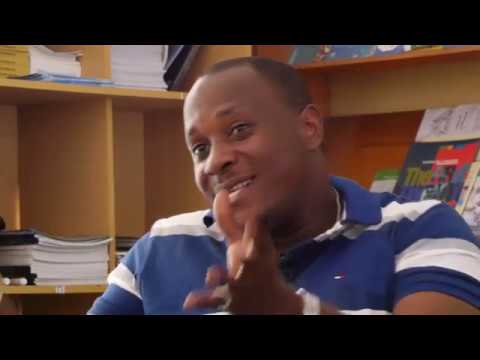
Interfaith Committees Advocate for Peace in Tanzania
Godwin Mongi is the Programme Manager of the Interfaith Council for Peace Tanzania (IRCTP). Interfaith committees, under the leadership of the Council, advocate for sustainable peace in Tanzania. The country is deemed to be an important example of harmonious coexistence since more than 123 different tribes and all the major faiths present in the country live together peacefully.
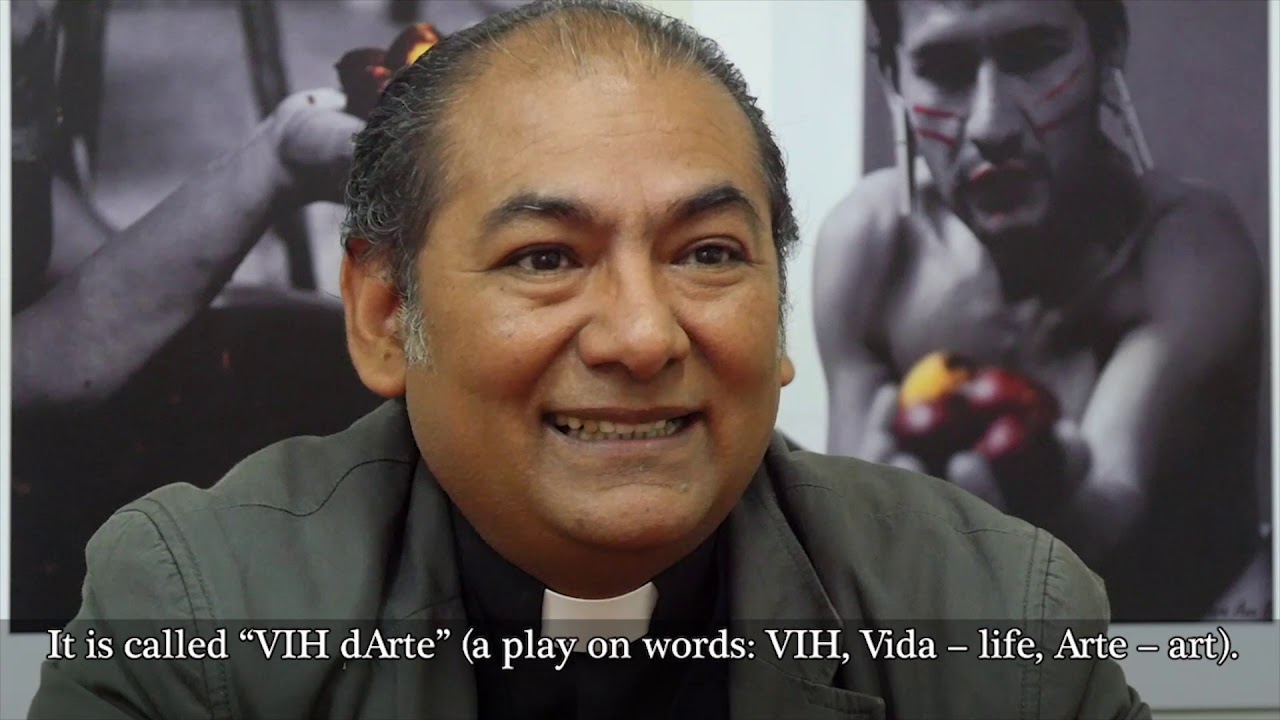
Sacred Space for Religious Coexistence in Lima
Father David Limo is the Coordinator of the United Religions Initiative (URI) Cooperation Circle in Peru. A URI Cooperation Circle is a self-organizing group of at least seven members from at least three religions, spiritual expressions, or indigenous traditions—including atheists and agnostics. The Cooperation Circle organizes monthly gatherings where themes such as the diversity of faiths and social questions are discussed.
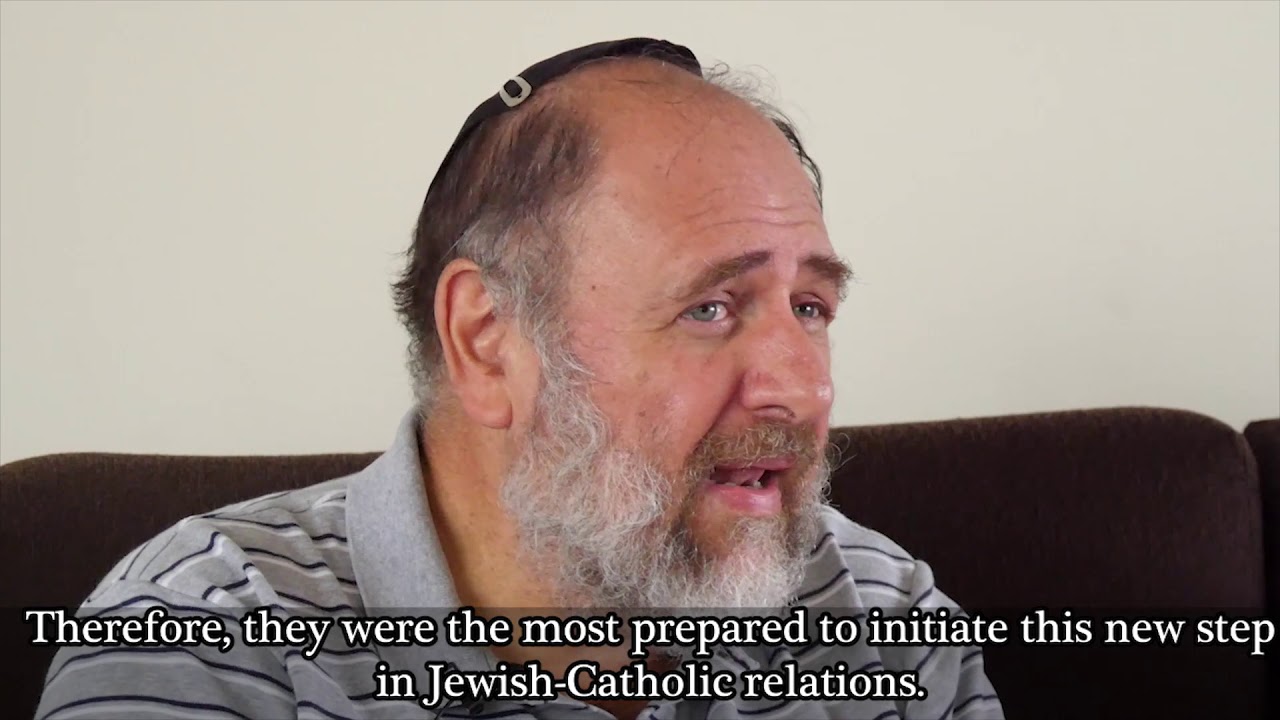
Council of Religious Leaders in Support of Governmental Crisis in Peru
Elias Szczytnicki is the Secretary General of the Latin American and Caribbean Council of Religious Leaders in Peru. With Christian and Jewish roots, nowadays, the Commission also includes Muslims, Buddhists, and Brahma Kumaris. The leading mission of the Council is to provide spiritual support to the Peruvian government during moments of social and political crisis.
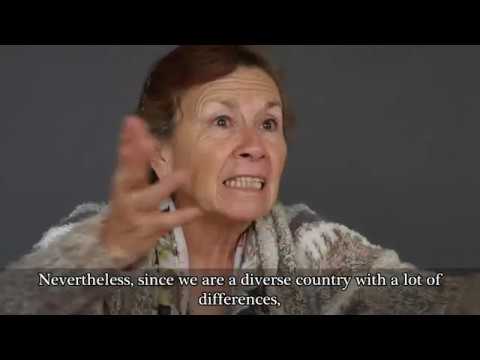
Religious Leaders fast for the Climate in Peru
Laura Vargas is a member of the Episcopal Commission of Social Action (“Comisión Episcopal de Acción Social –CEAS) in Peru. With the wide religious and cultural variety of the country in mind, the Commission launches projects, which initiate intercultural collaboration among people by encouraging them to work together and share common goals. Highly remarkable is the Commission’s contribution for the fight against climate changes consecrated through the fasting of some religious leaders 1 day a month for almost a year.
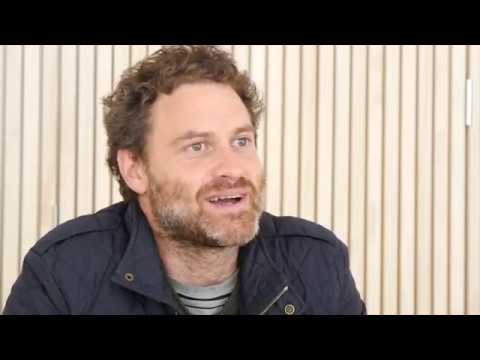
Joining People Together in New Zealand
Garreth Ferry, a social worker for Splice, an organization whose name derives from “joining ropes together”, and which is committed to bringing people together. In this respect, Splice strives to engage with a broad range of communities, from the poorest to the richest of society, ensuring everyone is treated the same. Despite having a Christian background, the organization does not talk about religion in its work, yet about the universal values that are shared by all faiths such as brotherhood, peace, and tolerance.
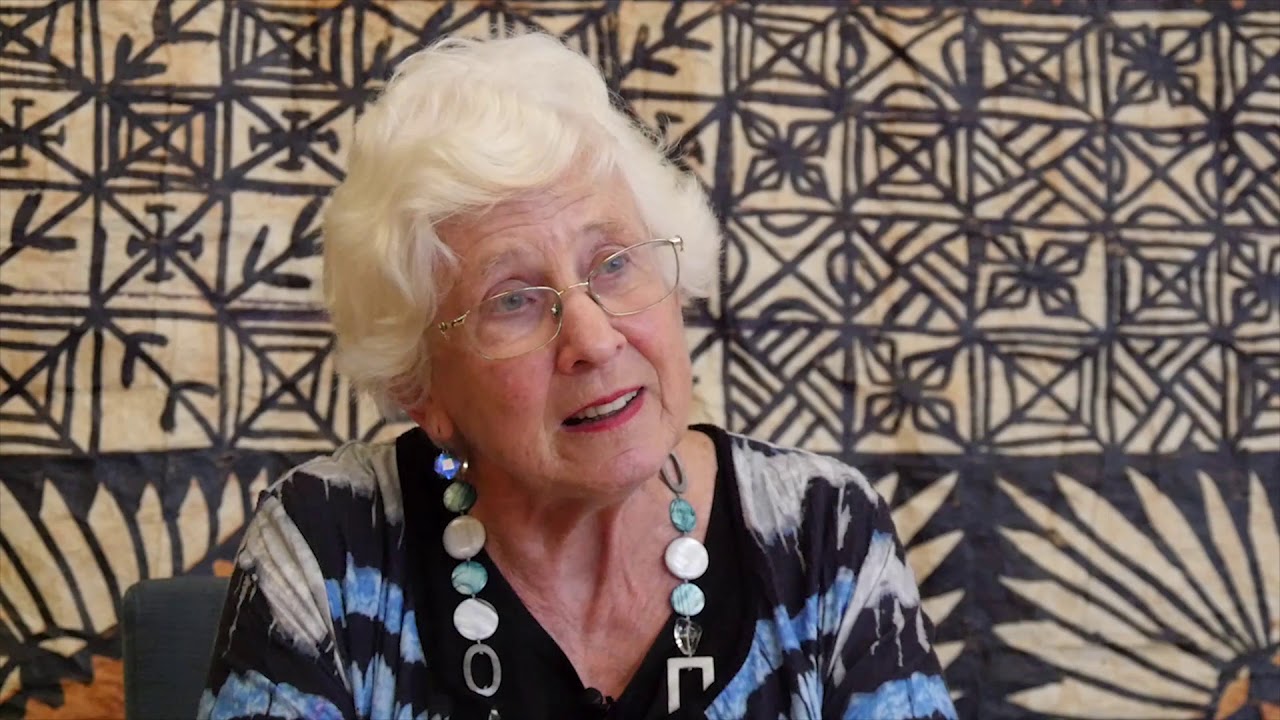
Religious Diversity in New Zealand
Jocelyn Armstrong, founder and Chairwoman of the Religious Diversity Center in New Zealand, talks about the history that stands behind the establishment of her institution. The Center outstands for its name, which instead of referring to interfaith, refers to Diversity. According to Jocelyn, while interfaith attempts to bring together different traditions underestimating their distinctive features, diversity seeks to respect varied faiths paying particular attention to the difference itself.
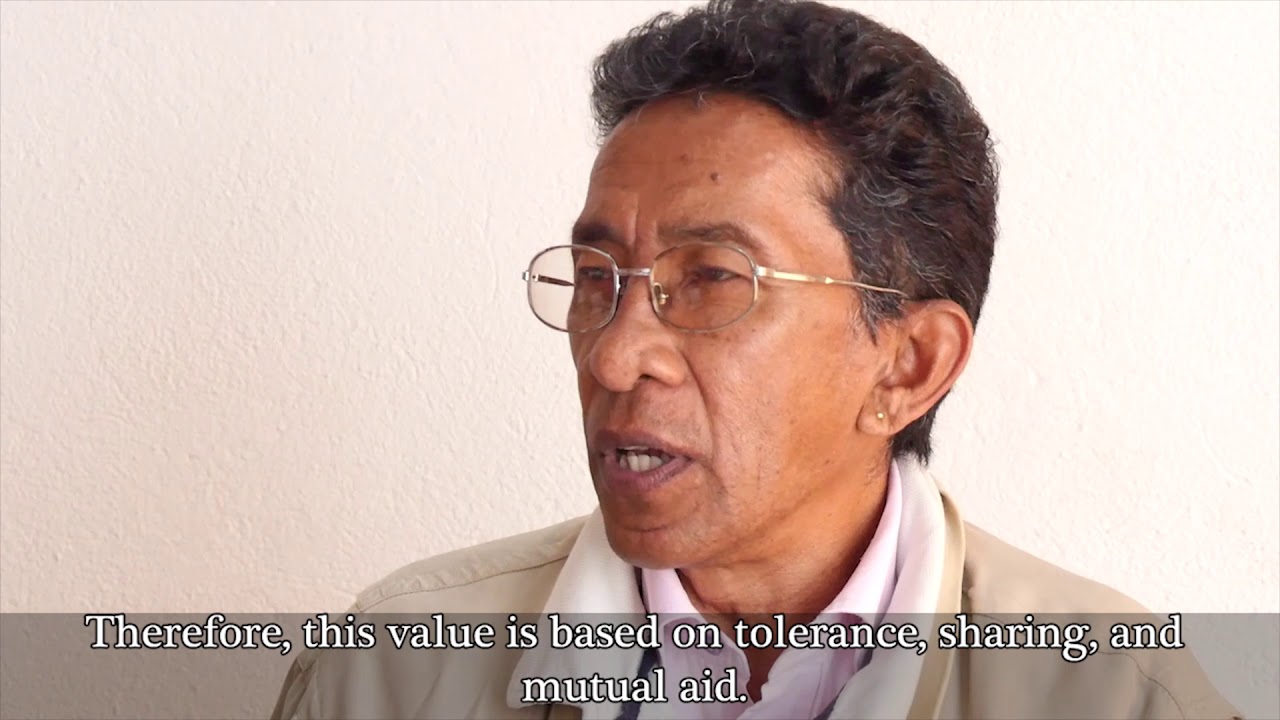
Strengthening Harmony through Music in Madagascar
Serge-Henry Rodin as Professor of Human Rights, Liberty, Democracy, and Dialogue at the University of Antananarivo seeks to promote, through his teachings, peaceful coexistence and harmony among his students. The main goal is to enhance the value of “Fihavana”, a Malagasy expression, which means solidarity between all the members of a society in order to ensure tolerance and mutual understanding. Serge believes that the most powerful tool to unite people is music in its forms of dance and songs.
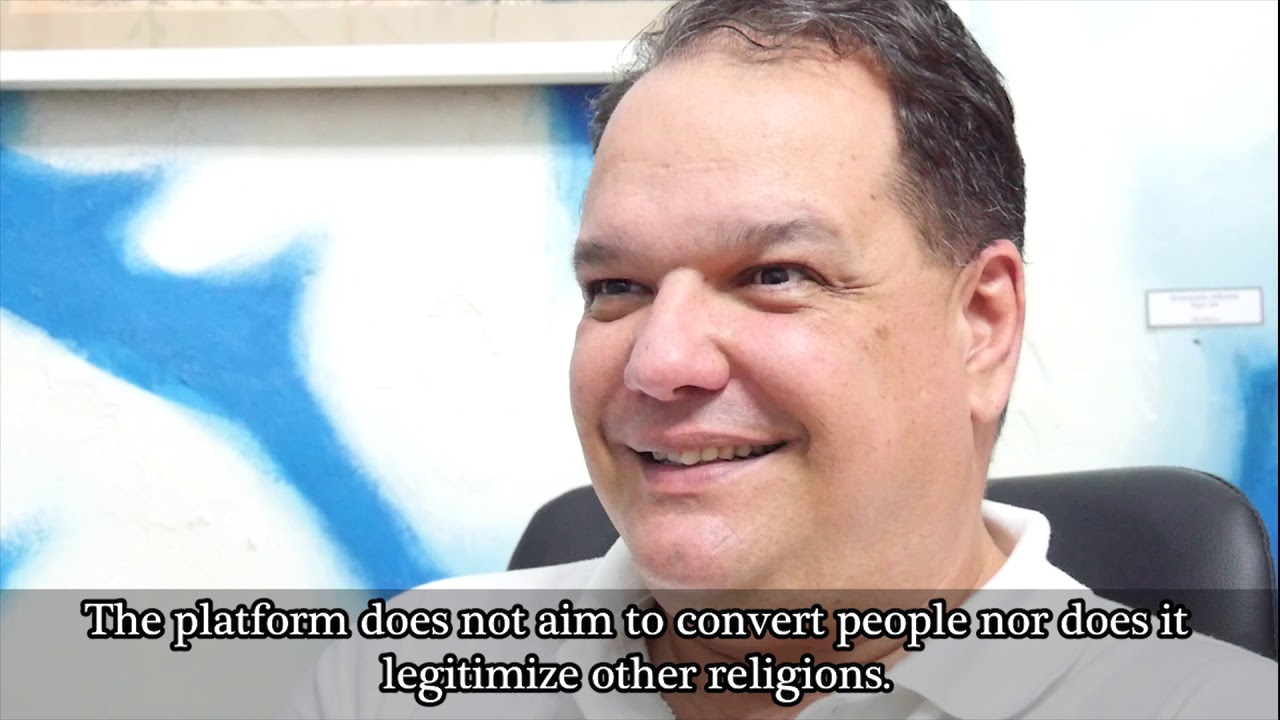
Creating a Network among Different Religions in Cuba
Enrique Aleman is the National Coordinator of the Interreligious Dialogue Platform of Havana. Seeking to support religious freedom, the Platform offers to nearly 15 religious and fraternal institutions a space for debate about contemporary issues, such as peace, antiterrorism, violence, and all forms of discrimination.
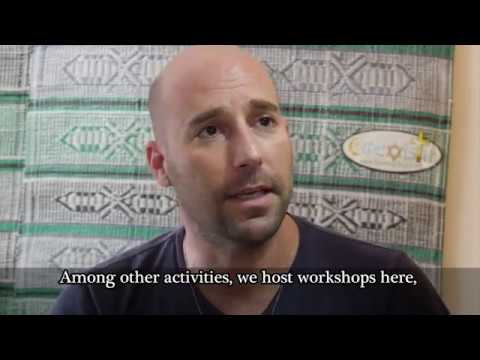
Interfaith Shop in Costa Rica
Oran Gal, a Jew from Israel, together with two friends, one of them Christian, the other Muslim, opened a shop, “Tierra Santa Para Todos”, specialized in selling religious symbols of the three faiths of the Holy Land. Sharing a message of peace, tolerance and respect among people of different traditions is the primary cause that led Oran and his friends as well as colleagues to bring into being this alternative shop.

